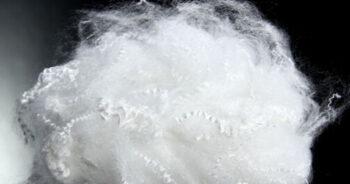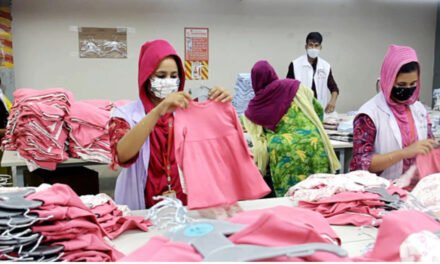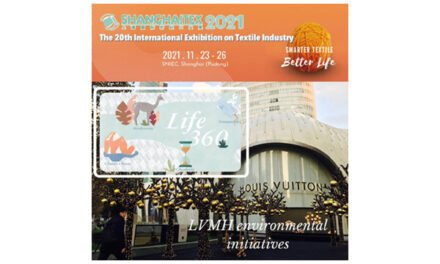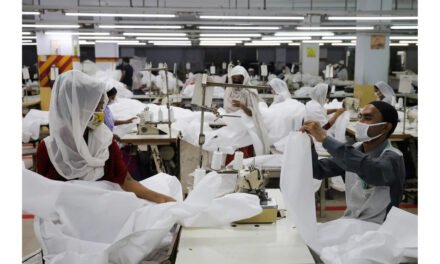 The global textile staples market is expected to witness lucrative growth opportunities over the projection period from 2022 to 2032 with sales projected to surge at a CAGR of 5.5%. The global market is valued at US$ 1,61,280.2 Mn in 2022 and is anticipated to reach US$ 2,75,489.9 Mn by 2032.
The global textile staples market is expected to witness lucrative growth opportunities over the projection period from 2022 to 2032 with sales projected to surge at a CAGR of 5.5%. The global market is valued at US$ 1,61,280.2 Mn in 2022 and is anticipated to reach US$ 2,75,489.9 Mn by 2032.
The growth in the market is attributed to the widespread consumption of textile staples in several end-use industries such as apparel, general and leisure, sportswear, interior flooring, and others is expected to push the sales during the forecast period.
According to Future Market Insights, historical analysis of the global textile staples market surged at a pace of 5.0% CAGR from 2012 to 2021. According to the present estimations, the global market is poised to expand at a 5.5% CAGR between 2022 and 2032.
A staple fiber plays a vital role in fabric and garment manufacturing. Changing fabric preferences, especially among millennials, is expected to boost the textile industry, driving growth in the textile staples market.
On the basis of application, the apparel segment is anticipated to contribute about 50% of the total sales and register growth at approximately 3.6% CAGR throughout the assessment period.
Besides this, the interior flooring segment is anticipated to witness the fastest growth over the forthcoming decade. Regionally, Asia Pacific excluding Japan (APEJ) is expected to be the leading region during the upcoming decade.
Key Takeaways
In comparison with stable fibers such as viscous rayon and polyester, natural staple fibers are used more including cotton, jute, and wool. The demand for natural and eco-friendly textiles is anticipated to surge over the years because the consumption of synthetic staple fibers negatively impacts the environment.
According to FMI analysis, cotton is one of the most extensively grown and utilized staple fibers in the textile industry. Since it is known as a multipurpose fiber, it consists of the qualities of cooling, absorption, and softness and is used to make clothing for hot weather. Wool from sheep has insulating qualities which makes it excellent for use in the production of knitted warm clothing.
The use of synthetic fibers is extensive among end users. Therefore, prominent companies are producing one of the most popular synthetic fibers, polyester, in a sustainable manner. PET bottles and polyester waste is utilized to create recycled polyester staple fiber. Among several other things, recycled polyester is utilized in carpets, pillows, blankets, and high-end cushions.
According to a recent study, India spent around US$ 2.5 billion on the textile industry and was expected to host “Textile Week” at the Indian Pavilion in EXPO2020. This boosted the sales in the global staple fiber market is expanding in the present assessment period due to increased investment in the textile sector and a rise in demand for sustainable textile materials.
Growth in the global textile staples market is anticipated to surge with the growing expansion of the pharmaceutical and healthcare industry and rising applications in the automotive and construction sectors. By the end of 2022, the global textile staples market is expected to witness phenomenal sales.
Competitive Landscape
Prominent manufacturers in the market are strategically surging their market presence all over the world by penetrating their way into emerging economies to set up their manufacturing units to decrease operating costs and maximize profit.
E.I. Du Pont de Nemours and Company, Lenzing AG, International Fibers Group, Invista, Thai Acrylic Fiber Co. Ltd. (Aditya Birla Group), Toray Group, Chori Co., Ltd., W. Barnet GmbH & Co. KG, Cellulose Cotton Wool Corporation of India.
Textile manufacturers shifting from manufacturing generic textile products to niche technical textile products are facing lesser international competition. The main focus of manufacturers is the production of cheap textiles in higher volumes. Subsequently, leading companies in the U.S. are expanding their product lineup in the healthcare-related business to gain competitive edge.






















